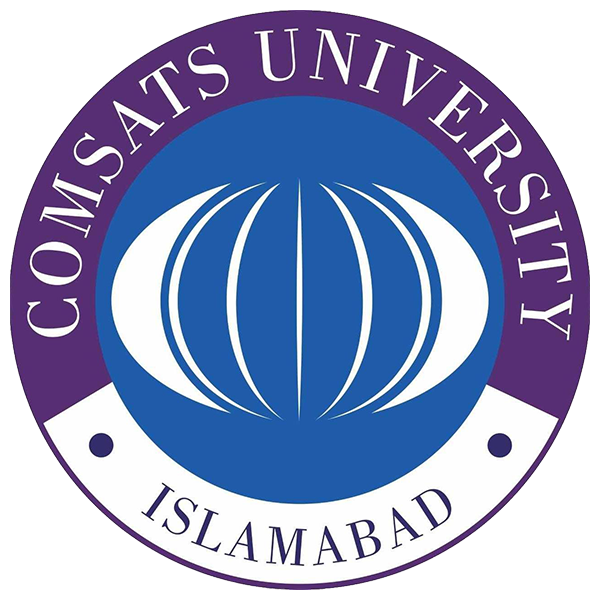Overuse of antibiotics has caused the emergence of antibiotic resistant bacteria (ARBs) and antibiotic-resistance genes (ARGs) which are threatening the health of humans, animals, and the environment. Pakistan – a highly populated country with 70% population living in rural areas, is heavily dependent on agriculture activities. Overprescribing or unregulated use of antibiotics has been noted in both humans and animals in Pakistan. Reports suggested that 71% of infections in newborns in Pakistan are due to ARBs. Up to 95% of the adult population living in India and Pakistan carries bacteria resistant to β-lactam – one of the most common antibiotics that includes penicillin and cephalosporin. Despite the volume of antibiotics used in Pakistan, little information is available regarding the ARGs spread and management. For better management of antibiotics use, ARBs and ARGs, knowledge about their occurrence, abundance, and diversity is important.
The Challenge:
- Establishing spatiotemporal variations of antibiotics and antibiotic resistance determinants,
- Identifying potential mechanisms for transfer of ARGs from livestock farms to clinics,
- Characterizing fate of antibiotics in the soil environments with varying microbial communities,
- Identifying simple but key intervention strategies that can be adapted in Pakistan to reduce the burden of ARGs.

COMSATS University Islamabad (CUI)
Pakistan
